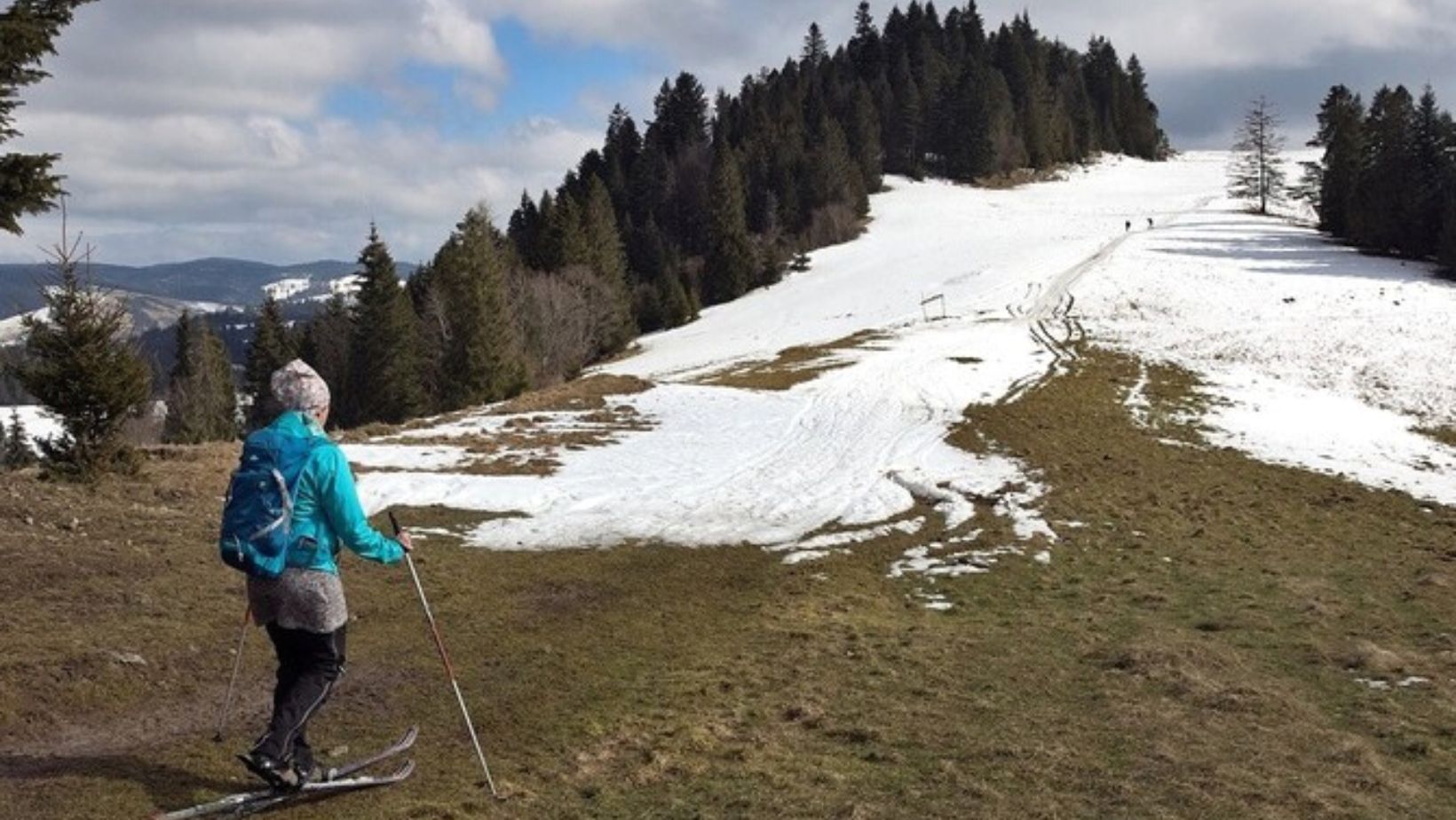Weather records have been falling across Europe at a disconcerting rate in the last few days, say meteorologists.
The warmest January day ever was recorded in at least eight European countries including Poland, Denmark, the Czech Republic, the Netherlands, Belarus, Lithuania and Latvia, according to data collated by Maximiliano Herrera, a climatologist who tracks extreme temperatures.
In Korbielów, Poland, the mercury hit 19C – a temperature the Silesian village is more used to in May, and 18C above the 1C annual average for January. In Javorník in the Czech Republic, it was 19.6C, compared with an average of 3C for this time of year.
Temperatures in Vysokaje, Belarus, would normally hover around zero at this time of year. On Sunday they reached 16.4C, beating the country’s previous record January high by 4.5C.
“Elsewhere on the continent, local records were broken at thousands of individual measuring stations, with nearly 950 toppled in Germany alone from 31 December to 2 January”, Herrera said.
Northern Spain and the south of France basked in beach weather, with 24.9C in Bilbao, its hottest-ever January day, and records broken at stations in Cantabria, Asturias and the Basque region. Only Norway, Britain, Ireland, Italy and the south-east Mediterranean posted no records.
“We can regard this as the most extreme event in European history,” Herrera said. “Take the case of July 2022 UK extreme heatwave and spread this sigma (magnitude) in a much huger area, encompassing about 15 countries.
“We can arguably say this is the first time an extreme weather event in Europe (in terms of extreme heat) is comparable to the most extreme in North America.”
Alex Burkill, a senior meteorologist at the Met Office, agreed it was an extreme weather event. “It’s been extreme heat across a huge area, which is almost, to be honest, unheard of,” he said.
Burkill said a warm air mass that developed off the west coast of Africa had travelled north-east across Europe from Portugal and Spain, pulled in by high pressure over the Mediterranean.
“It has been widespread, Denmark, Czech Republic, as well as pretty much the whole of Germany have seen temperatures for January exceeding records,” Burkill said.
“It’s also worth noting, we had some exceptionally warm weather in the south of England. New Year’s Eve, I think about seven sites in southern England recorded their warmest ever New Year’s Eve on record.”
The meteorologist Scott Duncan said the temperatures across Europe were staggering. “We had a very warm new year last year but this blows that out of the water,” he said. “We observed longstanding records broken by large margins across several countries.”
Causes were difficult to ascertain, said Duncan, with La Niña and anomalous warmth in sea surfaces playing a role. “None of the above here is new though, so what took extreme to record-smashing status? Our warming atmosphere and oceans are ultimately making records easier to break.”
Support Prague Morning!
We are proud to provide our readers from around the world with independent, and unbiased news for free.
Our dedicated team supports the local community, foreign residents and visitors of all nationalities through our website, social media and newsletter.
We appreciate that not everyone can afford to pay for our services but if you are able to, we ask you to support Prague Morning by making a contribution – no matter how small 🙂 .




